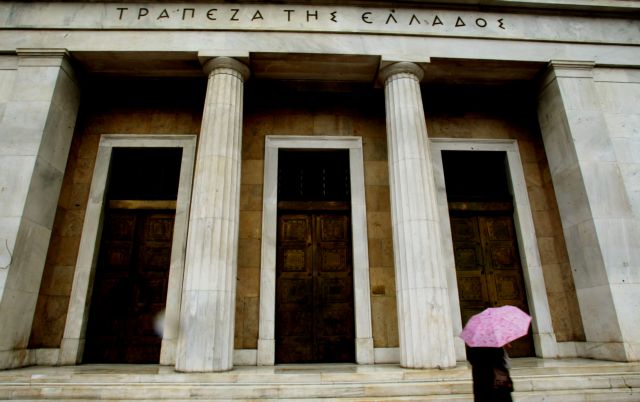The European Central Bank announced on Wednesday evening that it will not accept Greek bonds as collateral as of the 11th of February, in an effort to pressure the Greek government into accepting an agreement for the continuation of austerity in Greece.
According to the ECB’s announcement, Greek banks will no longer be able to use bonds and other Greek titles as collateral for liquidity. Instead, they will have to resort to the Emergency Liquidity Assistance (ELA) mechanism from the Bank of Greece. The ELA accepts Greek titles and banking sources have estimated that the domestic banks may draw about 45 billion euros to cover for the lost ECB funding. Funding from the ELA though has a higher interest rate (1% to 1.5% more).
Sources from the Bank of Greece argue that aside from the increased cost of borrowing, there will be no impact on liquidity thanks to the ELA. The same thing occurred in 21012 when Greek banks drew 130 billion euros from the emergency mechanism. Contrary to 2012 though, the ECB’s approval is needed to use the ELA. The ECB will continue to accept EFSF bonds by the Greek banks and if the Greece is back on a program, it will resume accepting Greek bonds. Earlier, the access of Greek banks to the ELA was extended for two weeks.
Interestingly the ECB decided to stop accepting Greek bonds as collateral after the meeting between Finance Minister Yanis Varoufakis and ECB chief Mario Draghi in Brussels. The ECB justified the move my noting that with the fifth review not complete and that Greece has not applied for an extension of its program, which concludes on the 28th of February.
The suspension also came two days before the Prime Minister Alexis Tsipras is scheduled to make his policy statement in Parliament and when treasury bills worth 1.4 billion euros mature, which Greek banks will be called upon to renew, covering not just their share, but that of foreign banks which will abstain from the auctions.
It is clear that Europe is trying to pressure the Greek government in negotiating with the troika and carry on where the previous government left off. The statement from the President of European Parliament Martin Schulz – that Greece will no longer receive funding and the state will not be able to run, if the government unilaterally changes its agreements – is indicative. Prior to that, Mr. Draghi refused to approve the issuance of an additional 10 billion euros worth of bonds to cover the country’s funding needs until the negotiations concluded.





